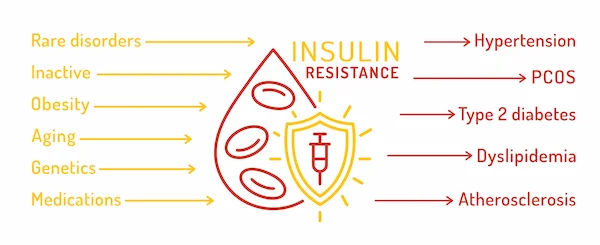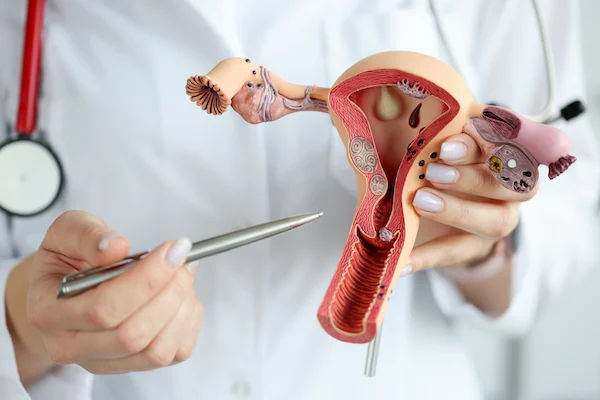- female
- 30 Years
- 29/01/2025
I'm 15 weeks pregnant and just got my NT scan and double marker tests done. I'm worried about my results and need to know if they're normal. My FBHCG is 193 ngmlis that okay? Also, my biochemical T21 risk is 1:178. Does that mean there's a significant risk? My nuchal translucency is 1.7 mm and NT MoM is 1.09. My report mentions the trisomy 21 risk is negative, as well as the trisomy 1318 screen. Can you help me understand what all this means?
Answered by 1 Apollo Doctors
Based on your report, your parameters appear normal: the free beta-hCG (193ngml) is within the typical range for 15 weeks gestation, the biochemical T21 risk (1:178) is considered low-risk, and the nuchal translucency (1.7mm) with a MoM of 1.09 is also within normal limits, and with the trisomy 21, 13, and 18 screens all reported as negative, your results indicate a low risk for these chromosomal abnormalities.
Dr. Chandra Suggests...
Consult a Obstetrician and Gynaecologist
Answered 04/07/2025
0
0

More Obstetrics & Gynaecology Health Queries
View allI had an injection last July for an abortion, and ever since, I've been feeling pain at the injection site on my butt. A few days later, I noticed a hard lump where the injection was given, and it's been there for 8 months now. I'm really worried if this could be something dangerous. Can you let me know what's going on?
After an injection for abortion, it is possible to develop a lump at the injection site. This is known as an injection site reaction. In most cases, these lumps are not dangerous and can take some time to resolve on their own. However, if the lump persists for 8 months, it is important to have it evaluated by a healthcare professional to rule out any potential complications. You can try using a warm compress on the area to help reduce the lump. If the lump is causing pain or continues to grow, you may need further evaluation. In the meantime, you can take over-the-counter pain relievers like acetaminophen to help with any discomfort.
Answered by 1 Apollo Doctors
My wife has been diagnosed with a large uterine fibroid and her doctor recommended laparoscopic myomectomy. We're really confused about choosing the right surgeon in Bangalore can you suggest some highly experienced and well-rated specialists for this procedure? We want to make sure we pick someone skilled and trustworthy.
Choosing a skilled surgeon is essential for laparoscopic myomectomy. You can look for gynecologists with high surgical volumes and strong patient reviews.
Answered by 1 Apollo Doctors
My friend is wondering if it's okay to use lubricants while not using a condom. Are there certain types of lubricants that are safe to use without a condom?
Yes, lubricants can be used without a condom. However, it's important to choose water-based or silicone-based lubricants, as they are safe for direct skin contact and won't cause irritation. Always ensure the lubricant is compatible with your needs, especially for sensitive areas.
Answered by 1 Apollo Doctors
Disclaimer: Answers on Apollo 247 are not intended to replace your doctor advice. Always seek help of a professional doctor in case of an medical emergency or ailment.





